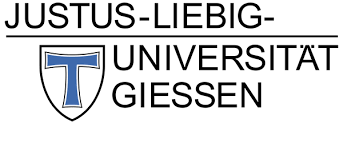Gent University Welcomes Benjamin Nyilitya

Dr Benjamin Nyilitya, a Water Quality Specialist from the Water Research Division, Ministry of Water, Sanitation & Irrigation (MWSI), Nairobi in Kenya, recently spent 3 months (May – August 2022) at Ghent University, Belgium, as part of the INSA project. Benjamin was hosted by the Isotope Bioscience Laboratory (ISOFYS) in the Department of Green Chemistry, and worked primarily with Professor Pascal Boeckx.
Benjamin is an environmental scientist focused on water quality management and pollution control. He has a PhD in Bioscience engineering and has been working as a Water Quality Specialist at MWSI for the last 14 years. Motivated by the problem of eutrophication and associated environmental and ecosystem health impacts being experienced in the Lake Victoria basin in East Africa, Benjamin has been working at the forefront of research aimed at characterizing nitrogen concentrations, fluxes, sources and fate in surface water and groundwater bodies in the basin. He has also been involved in the International Nitrogen Managements Systems (INMS) project which selected the Lake Victoria basin as a demonstration site for nitrogen assessment studies, with the aim of improving global nitrogen management systems.
The main objective of the secondment was to review the literature for data on nitrogen concentrations, fluxes, potential sources & drivers, and associated environmental impacts to major water bodies in the Nile river basin and the broader Sub-Saharan Africa region. The secondment also provided information useful for determining nitrogen trends and the pollution status of major water resources in Africa. This information will be shared with the relevant policy institutions and directly used for water policy improvement. For example, Benjamin represents the MWSI in the Nile Cooperation for Climate Resilience (NCCR) project, which has a component on Water Quality Investment Planning and Prioritization. One of the targets of this program is to identify water quality hotspots in the basin so that targeted pollution control measures can be implemented. The information gathered during the secondment will be used to help identify these hotspots.




















